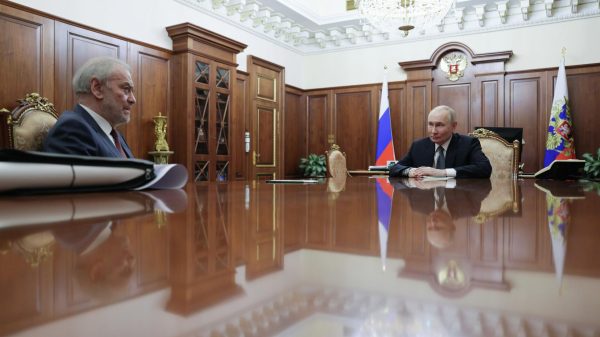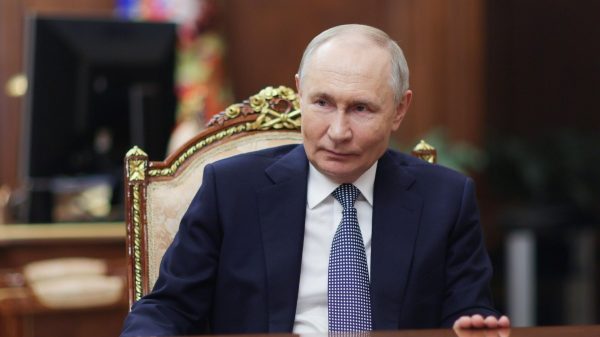In the last two weeks, there has been a sharp increase in the number of transactions in the yuan on the Moscow Exchange. As a result, the average transaction size decreased to RUB 1.89 million, the minimum since February 2023. This indicates both the activity of private investors in exchange trading and the departure of large players (both importers and exporters) from the organized market. As a result, on some days, over-the-counter trading in Chinese currency exceeded RUB 200 billion, which is a record value for the entire period of observation (since October 2022).
According to Kommersant’s assessment, based on data from the Moscow Exchange, in the last two weeks, with an increase in yuan trading volumes, there has been a noticeable reduction in the size of transactions. In particular, at the end of June, despite a smaller number of trading days, the total volume of trading in Chinese currency in the “tomorrow” trading mode amounted to 2.68 trillion rubles, which is 13% higher than in May. At the same time, the average transaction size was RUB 1.89 million, which is 14% lower than in May and the minimum result since February 2023. Due to the cessation of exchange trading in the dollar and euro, as well as due to increased volatility in the market, speculatively minded private investors began to more actively make transactions with the Chinese currency. In the last two weeks of June, an average of more than 90 thousand transactions were made in the yuan per day, 76% higher than in May.
The reduction in the size of transactions was also facilitated by a partial flow of liquidity to the over-the-counter market. This is evidenced by data from the Bank of Russia, according to which in June the volume of yuan trading on the over-the-counter market amounted to 1.98 trillion rubles, which is 27% higher than May values and the second largest result in history. In June, intraday turnover records were set; the figure exceeded RUB 200 billion three times.
On June 27, trading volume amounted to almost 236 billion rubles, a record value for the entire period of observation. This suggests that in anticipation of the end of the tax payment period, exporters chose the over-the-counter market for conversion.
Some flow of liquidity from the exchange market to the over-the-counter market may be associated with fear of secondary sanctions, market participants believe. As Sovcombank chief analyst Mikhail Vasiliev notes, the Moscow Exchange is now on the US SDN list, so everyone who trades on it, including market participants from China and the CIS countries, runs the risk of falling under secondary sanctions. “Some players expect difficulties in trading Chinese currency on the stock exchange, and this uncertainty may force them to transfer part of their trading activity to the over-the-counter market,” notes Dmitry Lesnov, head of the client service development department of Finam Financial Group.
However, its participants do not expect a complete flow of liquidity to the over-the-counter market. According to Mikhail Vasiliev, the exchange currency trading market is convenient for everyone due to its transparency, minimal costs, and low spread between the sale price and the purchase price. Therefore, only in a risk scenario, he does not exclude the possibility that yuan trading could completely move to the over-the-counter market.
Much will depend not on economic realities, but on the political will and readiness of Chinese banks to work in the Russian market. exchange.
“The arrival of alternative banks that are not afraid of sanctions may improve the situation with the liquidity of the exchange book, but it is unlikely to completely return trading to the pre-sanction state,” says the director of the office of market research and strategy Rosbank Evgeny Koshelev. In his opinion, with their arrival it will only be necessary to debug the network of correspondent accounts, which at best will take several months. “Based on the growing trade turnover between Russia and China, the Russian financial market will not be left without the circulation of Chinese currency, and in one form or another it will certainly remain, be it in exchange or over-the-counter form,” concluded Dmitry Lesnov.






















































Свежие комментарии